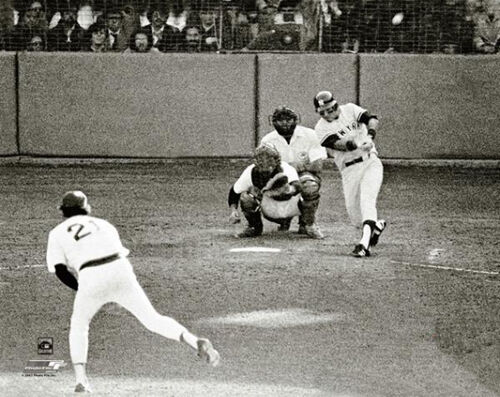It’s a cloudy, icy day today here in Ann Arbor, Michigan. It’s a typical winter day, the likes of which we’ve seen frequently over the past few weeks.
But hope is on the horizon.
Spring training starts next week. Baseball season is coming!
This week’s edition of my podcast, Wrestling and Dreaming: Engaging Discussions on Judaism features a d’var Torah based on this week’s Torah portion of Beshallach. The d’var Torah begins on the baseball diamond. You can hear the podcast at wrestlinganddreaming.podbean.com but, for those of you who prefer the written word, here is a summary of the piece entitled “Two Sticks”.
On October 2, 1978, my beloved Boston Red Sox played their arch-rivals New York Yankees in a one game playoff to determine the winner of the American League Eastern Division. The teams had ended the season tied for first place.
The game was played at Fenway Park in Boston and the Red Sox were leading 2-0 in the top of the 7th inning. There were two outs and two on base for the Yankees when the Yankee shortstop Bucky Dent came up to bat. Dent was a light hitting shortstop and it’s fair to assume that most Yankee fans would have preferred to see one of their power hitters come to the plate in the most critical moment.
But much to the eternal chagrin of Red Sox fans, Bucky Dent hit a 3 run homerun that put the Yankees ahead to stay in a game which ended with a 5-4 Yankee victory.

By virtue of his homerun, he earned a new middle name (at least according to Red Sox fans). He will forever be known as Bucky “bleeping” Dent.
As much as I cried that day and refused to even mention that man’s name for many years, I have to say that I have begun to realize in Bucky Dent’s homerun, a reflection of a beautiful statement in Pirke Avot, Ethics of the Fathers, attributed to the rabbi Ben Azai. Ben Azai taught: “Do not denigrate any person for there is no person that does not have their hour.”
That was Bucky Dent’s hour and he surely took advantage of it.
In this week’s Torah portion, we read that Moses has led the people to the edge of the sea. The sea is in front of them, the Egyptian army is closing in. According to the Torah, God calls to Moses: “Mah Titzak Elay”. Why are you crying out to me?
There is no reference in the Torah to Moses’ cry to God and many rabbis taught that the cry, one apparently of desperation, was omitted in deference to Moses’ reputation as a great leader.
But, according to the Midrash, God says to Moses: “Why are you crying out in a lengthy plea to me? The hour waits only for you.” In other words, everything is ready for a miracle and the only thing lacking is you doing your job. God tells Moses to take his stick and hit the water. Moses does so and the water splits.
So, if according to Pirke Avot, each of us has our “hour”, the hour is wasted unless we realize it and play our role to the best of our abilities.
We all have our “hours”. We all experience times when we can play a critical role. Sometimes these are small roles, sometimes great roles. But, in each of our lives, there are moments when we can do what no one else can do. Perhaps we are the only person around to help someone. Perhaps we alone have a skill or a talent which is needed at that very moment. The only issue is: Will we take advantage of the hour to do our part to change the life of another person or of the entire world for the better?
While I do love baseball, obviously I would not put Bucky Dent’s homerun on the level of Moses’ splitting the sea. But the fact that both meet their hour with a stick of wood reminds us that in small ways in big ways, we can use our hour to “split the seas” in front of us and change the world.
May we all recognize the power of our “hour” and may we be privileged to look back on our lives and identify those “hours” in which we met the challenge of the moment.